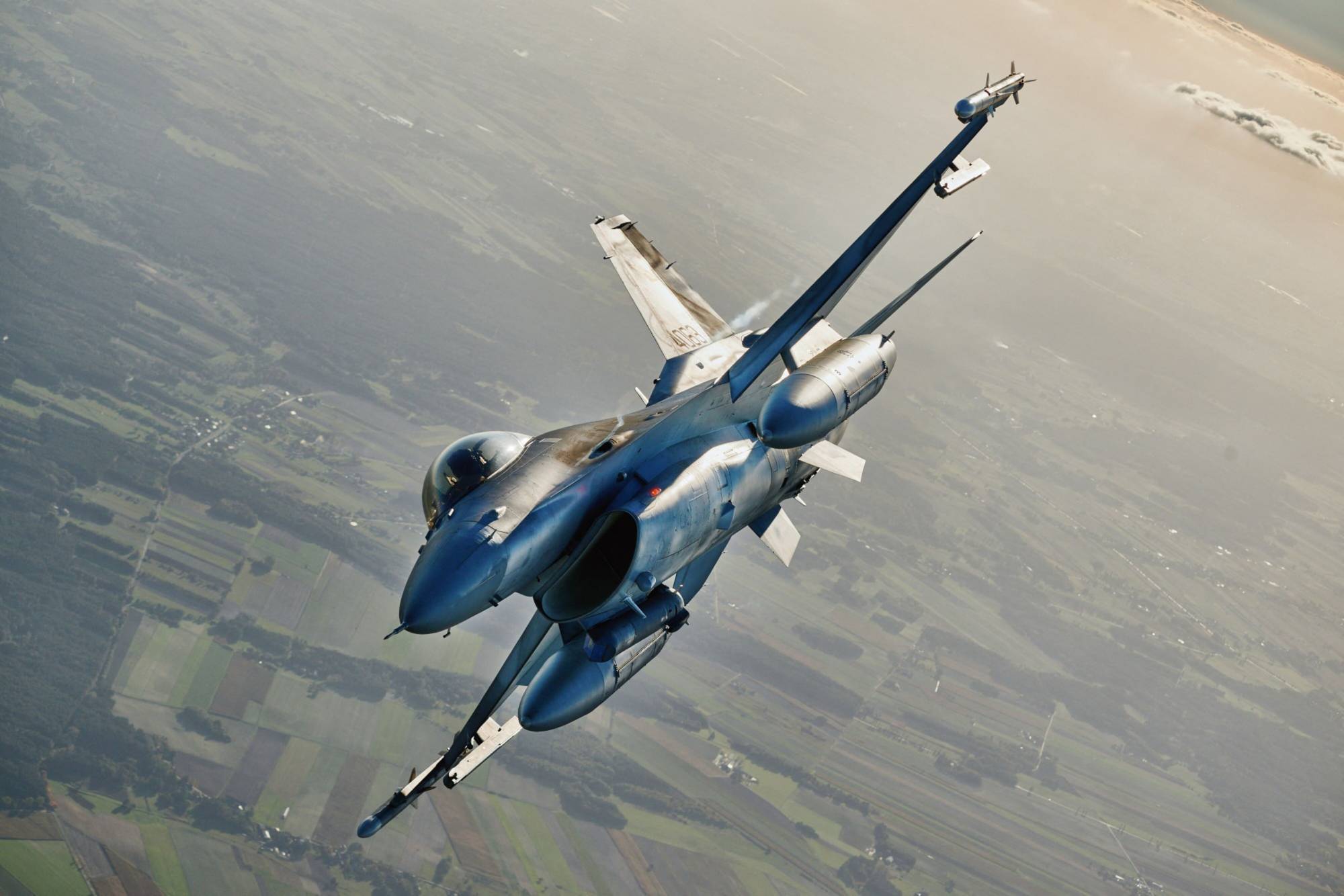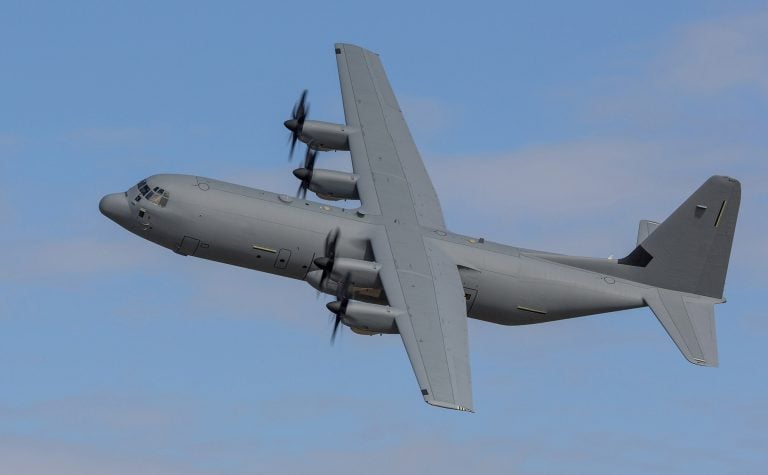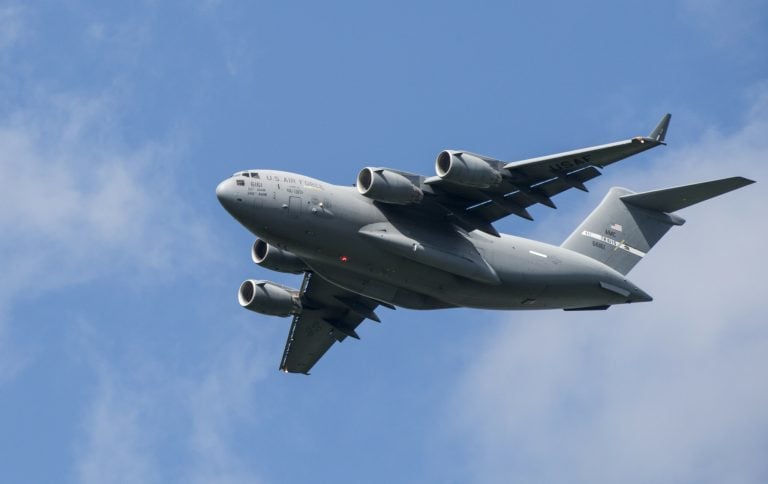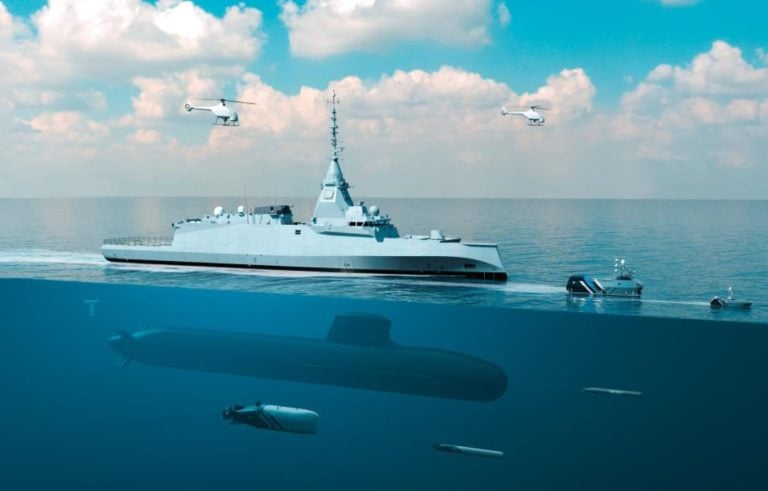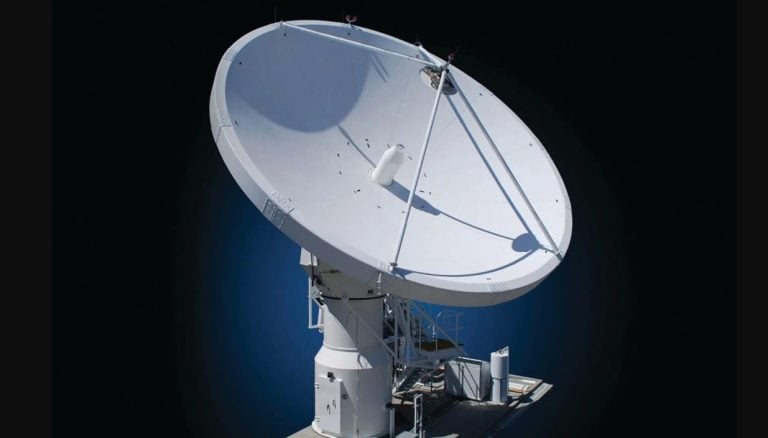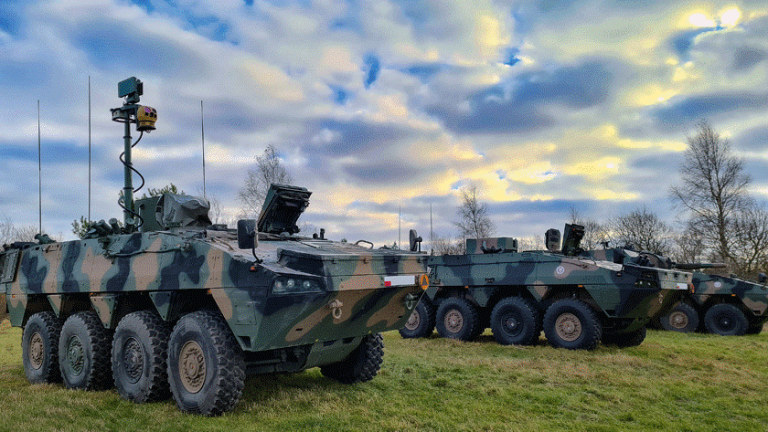The United States has announced the approval of a potential sale of F-16 fighter jets worth approximately $5.58 billion to the Philippines, a decision seen as a crucial move in response to increasing tensions with China. The U.S. State Department confirmed that the proposed sale involves 20 F-16 jets along with associated equipment, underscoring Washington’s commitment to support its treaty ally in Southeast Asia.
The State Department stated that this sale aims to bolster the security of the Philippines, which is described as a vital partner in maintaining political stability and fostering economic progress within the region. Additionally, the deal is expected to enhance the Philippine Air Force’s capabilities in conducting maritime domain awareness and fortifying its defense against potential aerial threats.
This development comes amidst escalating confrontations between Chinese and Philippine vessels in the South China Sea, an area claimed almost in its entirety by China, despite an international tribunal ruling against its claims. A spokesperson for the State Department affirmed that the agreement would only be finalized upon receipt of a signed Letter of Offer and Acceptance from the Philippines.
While Philippine defense department spokesperson Arsenio Andolong mentioned that he had not received any official notification regarding this approval, the Philippines has expressed interest in acquiring F-16 aircraft for several years, dating back to the administration of former President Benigno Aquino, who completed his term in 2016.
Since President Ferdinand Marcos Jr. took office in 2022, defense partnerships between the Philippines and the U.S. have strengthened, particularly as Manila attempts to counter China’s expansive claims in the South China Sea. Just last December, the Philippines announced plans to procure the U.S.-made mid-range Typhon missile system to defend its maritime interests, a move that elicited warnings from Beijing about the potential for increased arms competition in the region.
In light of increased military drills and tensions in the Asia-Pacific, the Philippines’ military chief, General Romeo Brawner, indicated that if conflict were to arise over Taiwan, the Philippines would find itself “inevitably” drawn into the situation. This statement came as Chinese naval and aerial forces conducted provocative maneuvers around Taiwan.
General Brawner has urged troop preparations in case of a Taiwanese invasion, emphasizing that the bulk of the upcoming U.S.-Philippine joint military exercises, known as “Balikatan,” would occur in northern Luzon, closest to Taiwan. He expressed the necessity of preparation without intending to sound alarmist.
During a recent visit to the Philippines, U.S. Defense Secretary Pete Hegseth affirmed a U.S. commitment to bolster deterrence in the Indo-Pacific in response to threats posed by China. Moreover, Secretary of State Marco Rubio reiterated America’s defense commitments to the Philippines, marking a shift from past criticisms seen during the Trump administration regarding alliance responsibilities with European countries.
